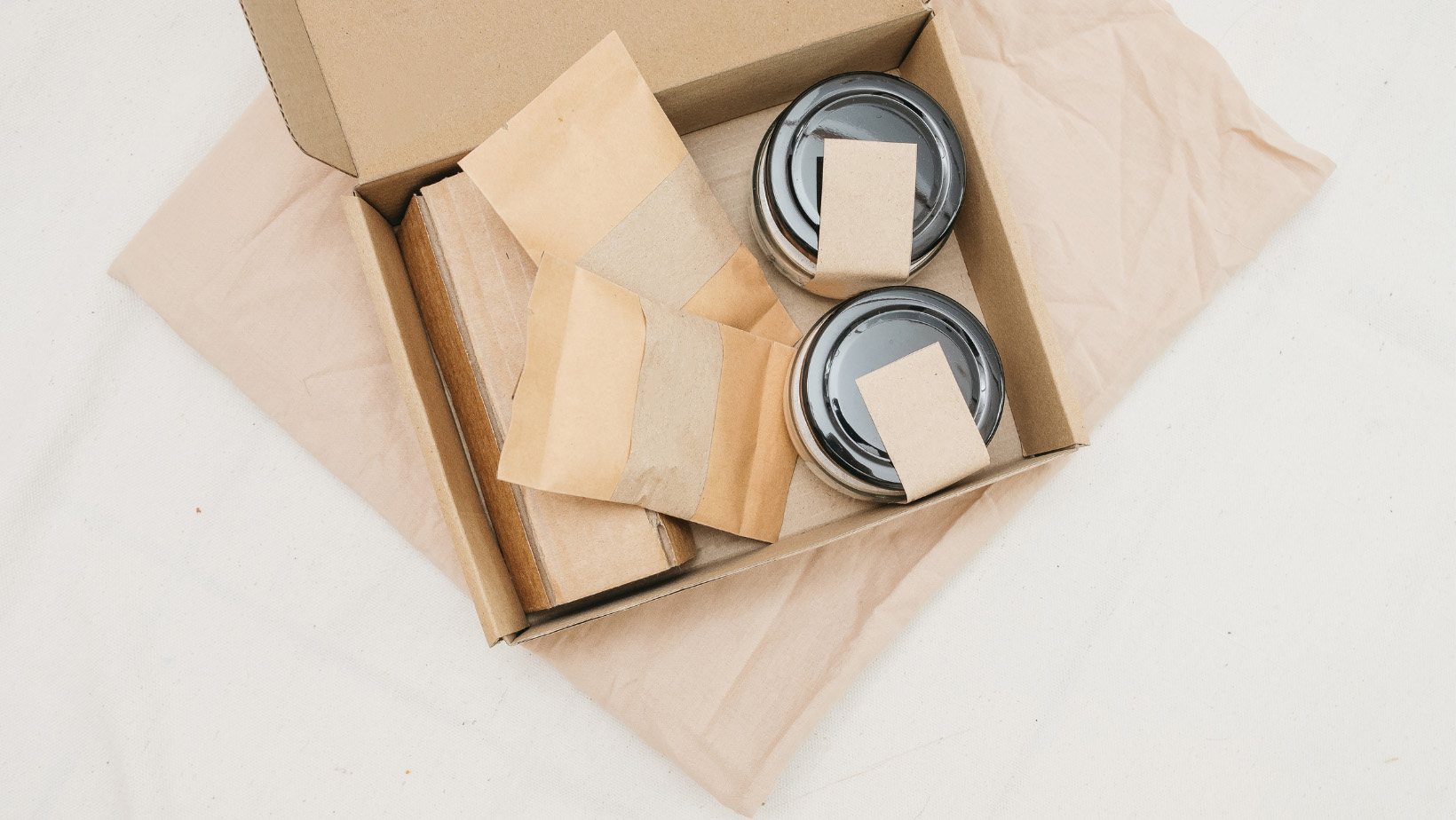Packaging - More and more companies are using hydrocarbons

More and more companies are using hydrocarbons for packaging, and civil society is becoming increasingly aware of the issue of environmental sustainability when it comes to packaging. With this in mind, efforts are being made to create a world in which packaging is designed to be effective and safe during its life cycle, meets market needs in terms of cost and performance, is made entirely using renewable energy, and, once used, is recycled/reused efficiently so as to provide valuable resources for future generations.
What are the guidelines for sustainable packaging, including hydrocarbon-based packaging? Settala Gas has identified three, which are:
- Respect for the primary functions of containment, protection and preservation of the product with total transparency regarding life cycle and packaging
- Use of as little material as possible without reducing the functionality of the packaging
- Compliance with the quality requirements of current regulations
Scientists at work to produce sustainable packaging
In response to the growing need to reduce environmental impact, scientists and the industrial world are working on the development of environmentally sustainable and smart materials, thanks in part to new technologies and nanotechnology.
The research and evolution of so-called food packaging involves five macro areas namely:
- Biodegradable polymers and biopolymers;
- Nanocomposites and bio-nanocomposites for obtaining high-performance materials
- Active materials for shelf-life extension of packaged foods
- Smart materials for monitoring and traceability of packaged foods
- Suitable materials with emerging technologies such as ionizing radiation
Biodegradable polymers and biopolymers
Settala Gas' role in sustainable packaging production involves the use of hydrocarbons for food packaging. In this case, polymers obtained from petroleum derivatives are used and are processed using cracking techniques to break the long hydrocarbon chains and obtain low molecular weight molecules used in the plastics industry.
There are many advantages of packaging made from hydrocarbons: strength, lightweight, thermal and electrical insulation, slow deterioration, and resistance to chemical elements. However, that is not all. Hydrocarbons make it possible to obtain packaging economically, which is why the production of plastic packaging includes the use of 45 percent of plastics and 4 percent of extracted oil.
In other words, 270 million tons of crude oil are used each year to produce plastics, although in view of the worldwide growth in consumption, work is being done on the production of polymers from non-petrochemical, biodegradable and non-biodegradable sources. Polymers obtained from natural sources include several, including:
- Polymers produced by microorganisms such as polyhydroxyalkanoates (PHAs or derivatives)
- Biomass-extracted polymers Of plant origin such as cellulose, starch and pectins, of marine origin such as agar, but also polysaccharides of microbial origin are gellan, dextran, xanthan and scleroglucan, while the well-known chitosan and glycogen are of animal origin
- Synthetic polymers such as polylactic acid (PLA), obtained from lactic acid obtained by fermentation from corn starch
- Polymers produced by microorganisms such as polyhydroxyalkanoates (PHA or derivatives)
Settala Gas and the world of packaging
The hydrocarbon and propellant production company Settala Gas has always offered excellent products to more than 70 countries around the world through the combination of long experience and modern technologies. Our goal is to achieve high quality of our products to ensure maximum satisfaction of Settala Gas customers. In particular, we offer customers food-packaging material formed by polymer foam. Contact us to learn more!




